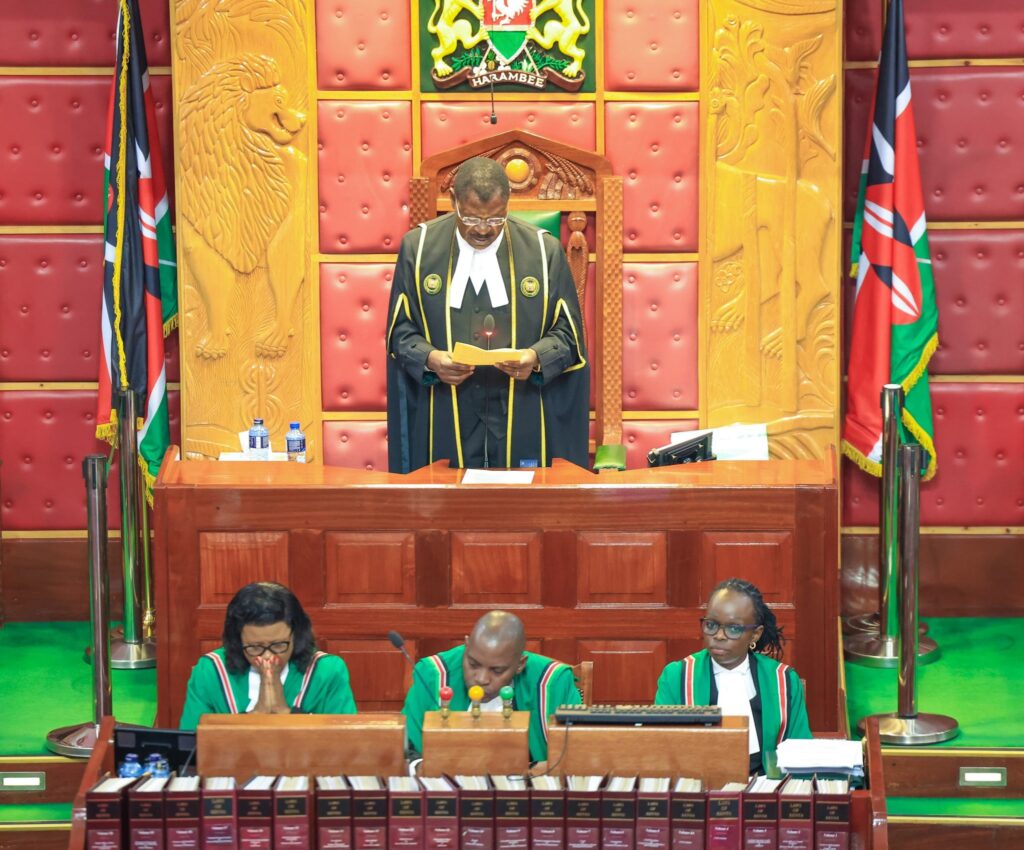A section of Members of Parliament has called on Kenyans to take an active role in public participation on proposed laws, following growing backlash over the controversial Computer Misuse and Cybercrimes (Amendment) Bill, 2024.
Speaking on Thursday, October 23, during a public engagement on the Capital Markets (Amendment) Bill, 2025, and the Government Owned Enterprises Bill, 2025, members of the Departmental Committee on Finance and National Planning lamented that citizens often react too late to new legislation.
Kesses MP Julius Rutto, a committee member, lauded attendees for showing up, urging especially the youth to engage before laws are passed. “We want to encourage, especially young people, to participate in law-making rather than be reactive when laws have been enacted, yet they had a chance to state their standpoints,” he said.
The MPs’ comments came as the country remained embroiled in heated debate over the newly assented cybercrime law. Critics argue that the amendments are less about tackling real cyber threats and more about political control and censorship of online spaces.
The law grants the government sweeping powers to block websites, remove online content, and even shut down digital platforms raising fears of restrictions on dissent, investigative journalism, and free expression.
Additionally, penalties for cyber offences have been described as excessively harsh. For instance, cyber harassment defined as communication that could cause emotional or reputational harm attracts fines of up to Ksh20 million or imprisonment of up to 10 years.
The uproar culminated in a petition challenging the law, leading the High Court to suspend key sections of the amended Act. Justice Lawrence Mugambi issued conservatory orders halting the enforcement of Sections 27(1)(b), (c), and (2) on Wednesday, October 22.
President William Ruto defended the amendments, insisting they were made “for the benefit of all Kenyans,” and accused some political leaders of spreading falsehoods to incite tension.

